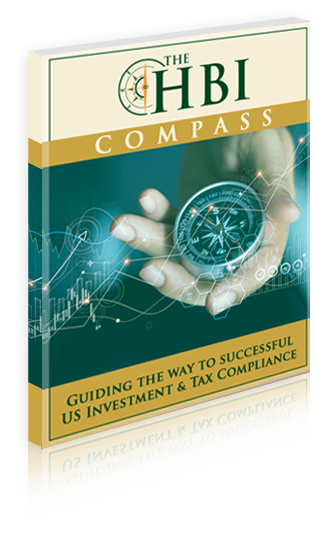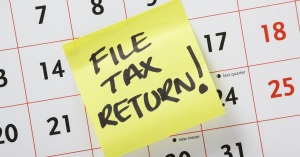How much money should you keep in your checking account? It might not be a financial planning question you’ve pondered much. But it’s one worth asking.
After all, you want to be sure there’s always enough in your checking account to cover your expenses and avoid preventable extra charges like overdraft fees and fees for not meeting a required minimum monthly balance. On the other hand, you don’t want unnecessary money sitting there that could be earning more for you elsewhere in an investment vehicle.
So, how much money should you keep in your checking account? There’s no universal answer, of course, but there are some simple ways to arrive at an answer that works for you and your financial situation.
How Much Money You Should Keep in Your Checking Account: Arriving at the Minimum
Consider a few factors to arrive at a minimum amount of money you should always have in you checking account:
- Have enough money in your checking account to cover all your basic living expenses for two months. That includes groceries, gas, monthly bills, and your monthly budget for other expenses. If you buy certain things with credit cards to take advantage of rewards, you should still have that money in your checking account so you can pay your credit card bills in full each month and avoid interest and accumulating debt.
- On top of your expenses, make sure there’s enough in your checking account to cover the monthly minimum balance if your account has one. Maintaining this balance prevents unnecessary bank fees.
- Have a small cushion to prevent overdrafts, too. This might be covered by the extra money you keep in the account to meet the minimum balance requirement, or you might have overdraft protection from a savings account or credit card with the same bank. But, if you don’t, or if the minimum balance requirement is low, or if you want to play it safe, keep some extra cash in your checking account to cover accidentally overdrawing.
Put Money Beyond the Minimum to Work
Since most checking accounts don’t earn interest—and the ones that do usually earn very, very little—it’s not productive to keep extra money sitting around in your checking account. Once you’ve considered the above factors and done some math, put the surplus to work for you.
- Your first priority should be to establish an emergency savings fund if you don’t have one. Creating one in a high-yield savings account is a smart move.
- Once you have an adequate emergency savings fund, your next priority should be to pay off credit card debt or other bad debt.
- Next, invest money rather than let it sit unproductively in your checking account. If you need some direction, read up on these relatively safe investments and these ideas for investing with even a small amount of money.
- Contribute to your financial security in retirement by opening or depositing into a traditional or Roth IRA.



